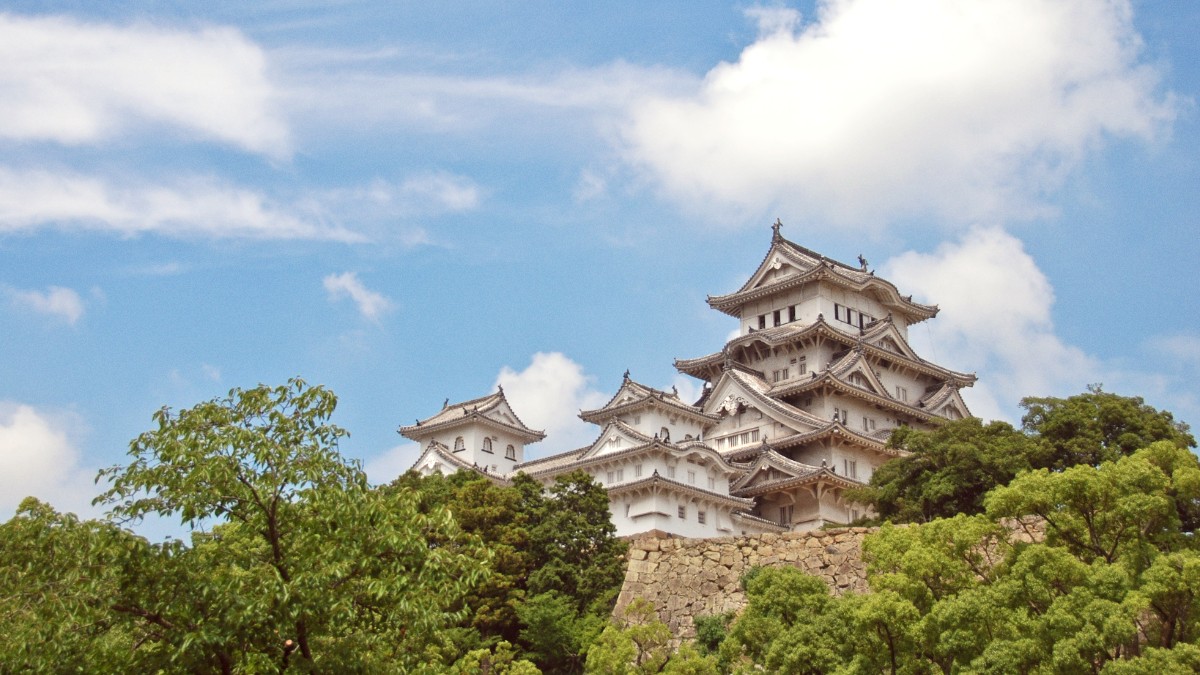
Western Honshu, Japan
Most citizens from over 60 countries, including the United States, Canada, Australia, New Zealand, and most European Union countries, qualify for a Temporary Visitor Visa Waiver. This waiver covers stays up to 90 days for tourism, business trips, or visiting friends and family.
If your nationality is not on the visa waiver list, or if you plan to stay longer than 90 days, or for purposes other than temporary visitor (like work or study), you must get a visa. Apply for this visa in advance at a Japanese embassy or consulate in your home country. Consider IVisa or VisaHQ for assistance.
Japan does not charge an entry fee for tourists upon arrival. Immigration involves passport presentation, fingerprints, a facial photograph, and a brief interview.
An officer places a "Temporary Visitor" stamp in your passport, indicating your allowed duration of stay. Generally, no special permits are needed for tourism activities in Miyajima or other typical tourist areas in Japan.
considerations for short stays.
Most citizens from over 60 countries qualify for a Temporary Visitor Visa Waiver for stays up to 90 days.
If your nationality is not on the waiver list or for longer stays, secure a visa in advance.
Steps upon reaching a Japanese airport.
Present passport, fingerprints, facial photograph, and brief interview with an immigration officer.
Declare customs using forms provided on your flight or at the airport.
Japan does not charge an entry fee for tourists upon arrival.
Generally, no specific permits are needed for tourism in Miyajima or other typical tourist areas.
No specific vaccinations are required for entry into Japan for general tourism. Routine vaccinations, like MMR, DPT, Polio, and Hepatitis B, are recommended for all travelers. Hepatitis A is also recommended for most travelers.
Japanese Encephalitis is recommended for travelers staying a month or more in rural areas during mosquito season (May to November). This is not typically necessary for short-term urban tourism.
MMR, DPT, Polio, Varicella, Annual Flu Shot.
Suggested for most travelers.
For those with potential direct contact with blood or medical care.
Consider for stays exceeding one month in rural areas during mosquito season.
No vaccinations are mandatory for general tourism entry into Japan.
Explore options like World Nomads, SafetyWing, or Insubuy for your travel insurance needs.
Miyajima has options for various spending styles.
The Japanese Yen (JPY, ¥) is Japan's official currency.
Tipping is not part of Japanese culture. It is generally not expected or practiced, and can cause confusion.
Prices are estimates and vary based on season and specific choices.
Japan is a very safe country. Still, understanding health guidelines and potential hazards helps travelers journey with peace of mind.
The risk of food-borne/water-borne illnesses is generally low. Tap water is safe to drink throughout Japan. Practice good hand hygiene, especially before eating.
Mosquitoes can be present, especially in summer and near water. Use Insect repellent, notably if hiking Mt. Misen. Sunburn prevention involves High SPF sunscreen, hats, and Sunglasses.
Emergency contact for police services throughout Japan.
Dial 110 for direct connection to local police.
English-speaking operators may be limited outside major cities.
For medical emergencies or fire incidents.
Call 119 for fire or medical emergency services.
Travelers are responsible for medical expenses; insurance is highly recommended.
A 24/7 hotline for tourist information and emergencies.
Dial 050-3816-2787 (English, Chinese, Korean).
Consider a translation app or local assistance if a language barrier exists.
| Risk Type | Description | Mitigation |
|---|---|---|
| Earthquakes | Japan is in an active seismic zone; tremors occur anytime. | Buildings withstand significant tremors. Familiarize yourself with safety procedures: drop, cover, hold on. |
| Typhoons | Peak season is August to September. Heavy rain, strong winds, landslides are possible. | Monitor local weather forecasts for travel disruptions. Ferries may cancel. |
| Tsunamis | Rare, but coastal areas face risk after large offshore earthquakes. | Tsunami warning systems are in place. Follow local advisories if a warning is issued. |